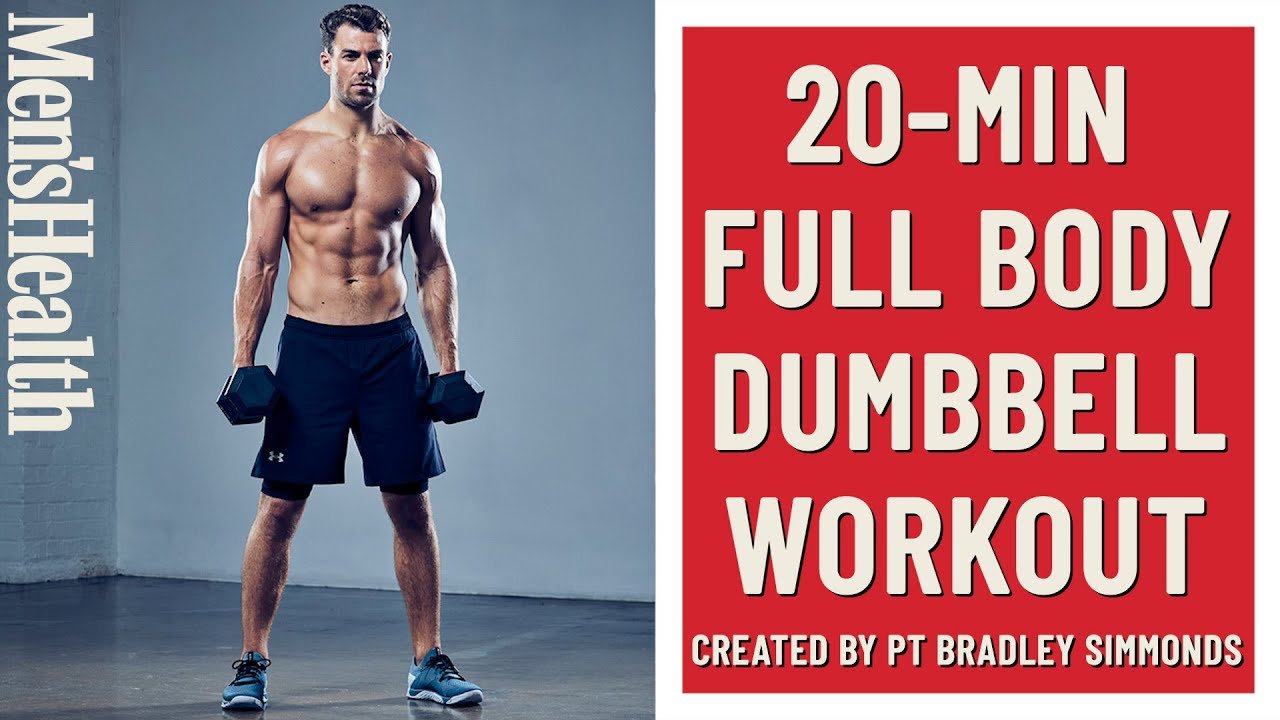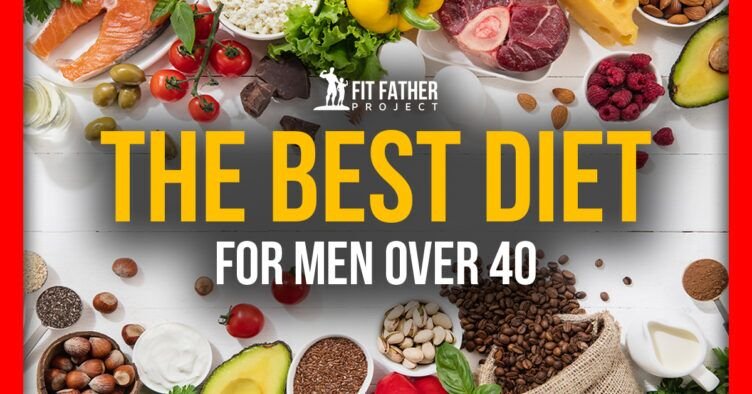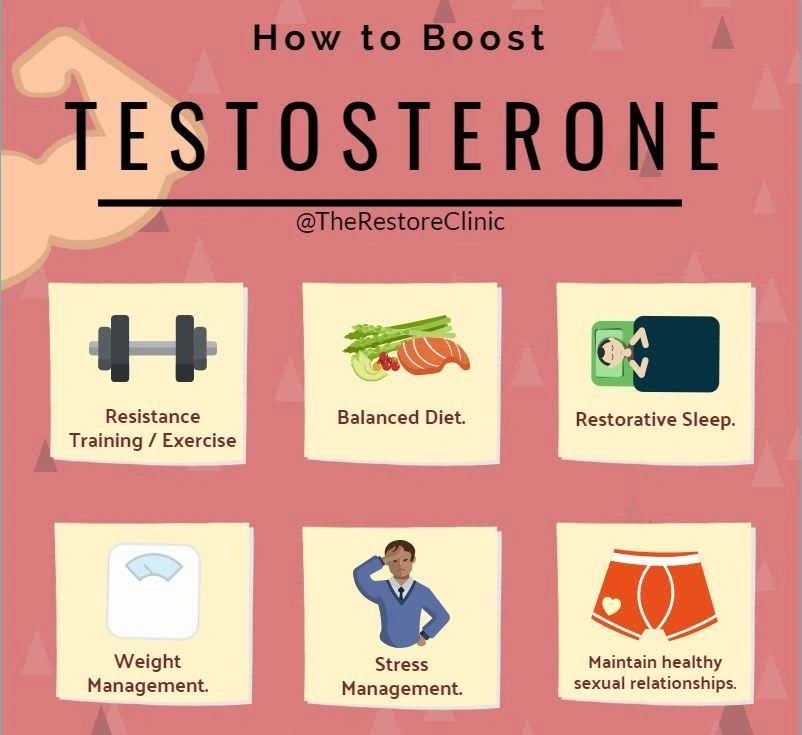Testosterone Optimization: The Ultimate Guide to Peak Male Performance Through Lifestyle
Published on September 6, 2025 | Men's Health & Performance
Testosterone is the cornerstone of male vitality, influencing everything from muscle mass and bone density to energy levels and sexual function. As men age, testosterone levels naturally decline, but this doesn't mean you have to accept diminished performance and vitality. Through strategic lifestyle modifications and targeted interventions, you can optimize your testosterone levels naturally and maintain peak performance well into your later years.
Understanding Testosterone: The Master Hormone of Male Performance
Testosterone is far more than just a sex hormone. It's a powerful anabolic steroid that your body produces naturally, serving as the primary driver of masculine characteristics and overall male health. This vital hormone influences muscle protein synthesis, fat distribution, red blood cell production, bone density, mood regulation, and cognitive function. When testosterone levels are optimized, men experience increased energy, improved mood, enhanced libido, better sleep quality, and superior physical performance.
The modern lifestyle presents numerous challenges to maintaining healthy testosterone levels. Chronic stress, poor sleep habits, sedentary behavior, processed foods, environmental toxins, and excess body fat all contribute to declining testosterone production. Understanding these factors is the first step toward implementing effective optimization strategies that can restore and maintain peak hormonal function.
The Foundation: Exercise and Physical Activity
Regular physical activity is one of the most powerful tools for testosterone optimization. Research consistently shows that men who engage in regular exercise maintain higher testosterone levels compared to their sedentary counterparts. However, not all exercise is created equal when it comes to hormonal optimization. The type, intensity, and duration of exercise all play crucial roles in determining the hormonal response.
Resistance training, particularly compound movements that engage multiple muscle groups, provides the most significant testosterone boost. Exercises like squats, deadlifts, bench presses, and rows stimulate the largest muscle groups and trigger the greatest hormonal response. High-intensity interval training (HIIT) also proves highly effective, combining the benefits of cardiovascular conditioning with the testosterone-boosting effects of intense, short-duration efforts.
The key is finding the sweet spot between sufficient stimulus and overtraining. While moderate to high-intensity exercise boosts testosterone, excessive training volume or chronic overreaching can actually suppress hormonal production. Aim for 3-4 resistance training sessions per week, complemented by 2-3 cardiovascular sessions, with adequate recovery time between intense workouts.

Nutritional Strategies for Hormonal Optimization
Nutrition plays a fundamental role in testosterone production and overall hormonal health. The foods you consume provide the raw materials your body needs to synthesize hormones, and certain nutritional strategies can significantly impact testosterone levels. A well-designed nutrition plan for testosterone optimization focuses on adequate caloric intake, optimal macronutrient ratios, and strategic micronutrient supplementation.
Dietary fat intake is particularly crucial for testosterone production, as cholesterol serves as the precursor for all steroid hormones. Men consuming very low-fat diets often experience significant reductions in testosterone levels. Aim for 25-35% of total calories from healthy fats, emphasizing monounsaturated fats from sources like olive oil, avocados, and nuts, along with omega-3 fatty acids from fish and grass-fed meats.
Protein intake also influences testosterone levels, particularly in active men. Adequate protein supports muscle protein synthesis and recovery from training, both of which are important for maintaining healthy testosterone levels. However, extremely high protein intakes may be counterproductive. Target 1.2-1.6 grams of protein per kilogram of body weight, focusing on high-quality sources like lean meats, fish, eggs, and dairy products.

The Critical Role of Sleep in Hormonal Health
Sleep is when your body performs the majority of its testosterone production, making quality sleep absolutely essential for hormonal optimization. The majority of daily testosterone release occurs during sleep, particularly during the deep sleep phases. Men who consistently get less than 6 hours of sleep per night can experience testosterone reductions of 10-15%, equivalent to aging 10-15 years in terms of hormonal function.
Optimizing sleep for testosterone production involves both quantity and quality considerations. Aim for 7-9 hours of sleep per night, maintaining consistent sleep and wake times even on weekends. Create an environment conducive to deep sleep by keeping your bedroom cool, dark, and quiet. Limit blue light exposure from electronic devices in the hours before bedtime, as this can disrupt melatonin production and sleep quality.
Sleep Optimization Checklist
Establish a consistent sleep schedule, create a dark and cool sleeping environment, limit caffeine intake after 2 PM, avoid large meals close to bedtime, and consider natural sleep aids like magnesium or melatonin if needed. Quality sleep is non-negotiable for optimal testosterone production.
Stress Management and Cortisol Control
Chronic stress is one of the most significant barriers to optimal testosterone levels. When you're under stress, your body produces cortisol, a hormone that directly antagonizes testosterone production. This creates a hormonal environment that favors fat storage, muscle breakdown, and reduced sexual function. Effective stress management is therefore crucial for maintaining healthy testosterone levels.
Implementing stress reduction techniques can have immediate and long-term benefits for hormonal health. Regular meditation, deep breathing exercises, yoga, and mindfulness practices all help reduce cortisol levels and create a more favorable hormonal environment. Even simple activities like spending time in nature, listening to music, or engaging in hobbies can significantly impact stress hormone levels.
Meditation and Mindfulness
Regular meditation practice can reduce cortisol levels by up to 30% and improve overall stress resilience. Even 10-15 minutes daily can provide significant benefits.
Physical Activity
Exercise serves as a powerful stress reducer while simultaneously boosting testosterone. The key is finding the right balance to avoid overtraining.
Social Connection
Strong social relationships and regular social interaction help buffer against stress and support healthy hormone production.
Time Management
Effective time management and realistic goal setting can significantly reduce daily stress levels and improve overall life satisfaction.
Body Composition and Testosterone
Body composition, particularly body fat percentage, has a profound impact on testosterone levels. Excess body fat, especially abdominal fat, contains the enzyme aromatase, which converts testosterone into estrogen. This creates a vicious cycle where low testosterone leads to increased fat storage, which further reduces testosterone levels. Maintaining a healthy body composition is therefore crucial for hormonal optimization.
Research shows that men with body fat percentages above 20% often experience significant reductions in testosterone levels. Conversely, achieving and maintaining a body fat percentage between 10-15% can optimize testosterone production and improve overall health markers. This doesn't mean extreme dieting or unsustainable practices; rather, it emphasizes the importance of a balanced approach to nutrition and exercise that promotes healthy body composition.
Environmental Factors and Hormone Disruptors
Modern life exposes us to numerous environmental factors that can negatively impact testosterone production. Endocrine-disrupting chemicals (EDCs) found in plastics, pesticides, personal care products, and household cleaners can interfere with normal hormone function. Being aware of these exposures and taking steps to minimize them can support optimal testosterone levels.
Simple changes like using glass or stainless steel containers instead of plastic, choosing organic produce when possible, using natural personal care products, and ensuring adequate ventilation in your home can reduce exposure to hormone-disrupting chemicals. While it's impossible to eliminate all environmental toxins, reducing your overall toxic load can support better hormonal health.
The Role of Natural Supplementation
While lifestyle factors form the foundation of testosterone optimization, targeted supplementation can provide additional support for hormonal health. Certain nutrients and compounds have been shown to support healthy testosterone production and overall male vitality. However, supplementation should complement, not replace, a solid foundation of proper nutrition, exercise, sleep, and stress management.
Key nutrients for testosterone support include vitamin D, zinc, magnesium, and vitamin K2. Many men are deficient in these essential nutrients, and correcting these deficiencies can have significant impacts on hormonal health. Natural compounds like ashwagandha, fenugreek, and D-aspartic acid have also shown promise in supporting healthy testosterone levels in research studies.
Comprehensive Approach to Male Vitality
Products like Vivalis combine multiple testosterone-supporting ingredients in a single, convenient formulation. By including compounds like L-Arginine for blood flow, Horny Goat Weed for traditional male support, and Panax Ginseng for stress adaptation, comprehensive supplements can provide synergistic benefits that support overall male vitality and performance.
Creating Your Testosterone Optimization Plan
Successful testosterone optimization requires a comprehensive, individualized approach that addresses all the key factors influencing hormonal health. Start by assessing your current lifestyle and identifying areas for improvement. Focus on making sustainable changes that you can maintain long-term, rather than attempting dramatic overhauls that are difficult to sustain.
Begin with the fundamentals: establish a consistent sleep schedule, implement a balanced exercise program that includes both resistance training and cardiovascular activity, optimize your nutrition to support hormonal health, and develop effective stress management strategies. Once these foundations are in place, consider targeted supplementation to provide additional support for your hormonal optimization goals.
Your 90-Day Testosterone Optimization Challenge
Days 1-30: Foundation Building
Establish consistent sleep patterns, begin a structured exercise program, optimize basic nutrition, and implement daily stress reduction practices.
Days 31-60: Refinement and Optimization
Fine-tune your exercise program, address nutritional deficiencies, optimize body composition, and consider targeted supplementation.
Days 61-90: Advanced Strategies
Implement advanced training techniques, optimize meal timing, address environmental factors, and assess progress through objective measurements.
Accelerate Your Testosterone Optimization Journey
While lifestyle modifications form the foundation of testosterone optimization, targeted supplementation can provide the additional support you need to achieve peak performance. Vivalis combines scientifically-backed ingredients to support male vitality, energy, and performance.
Try Vivalis Today - Special Offer $39/Bottle
60-Day Money-Back Guarantee | Free Shipping


